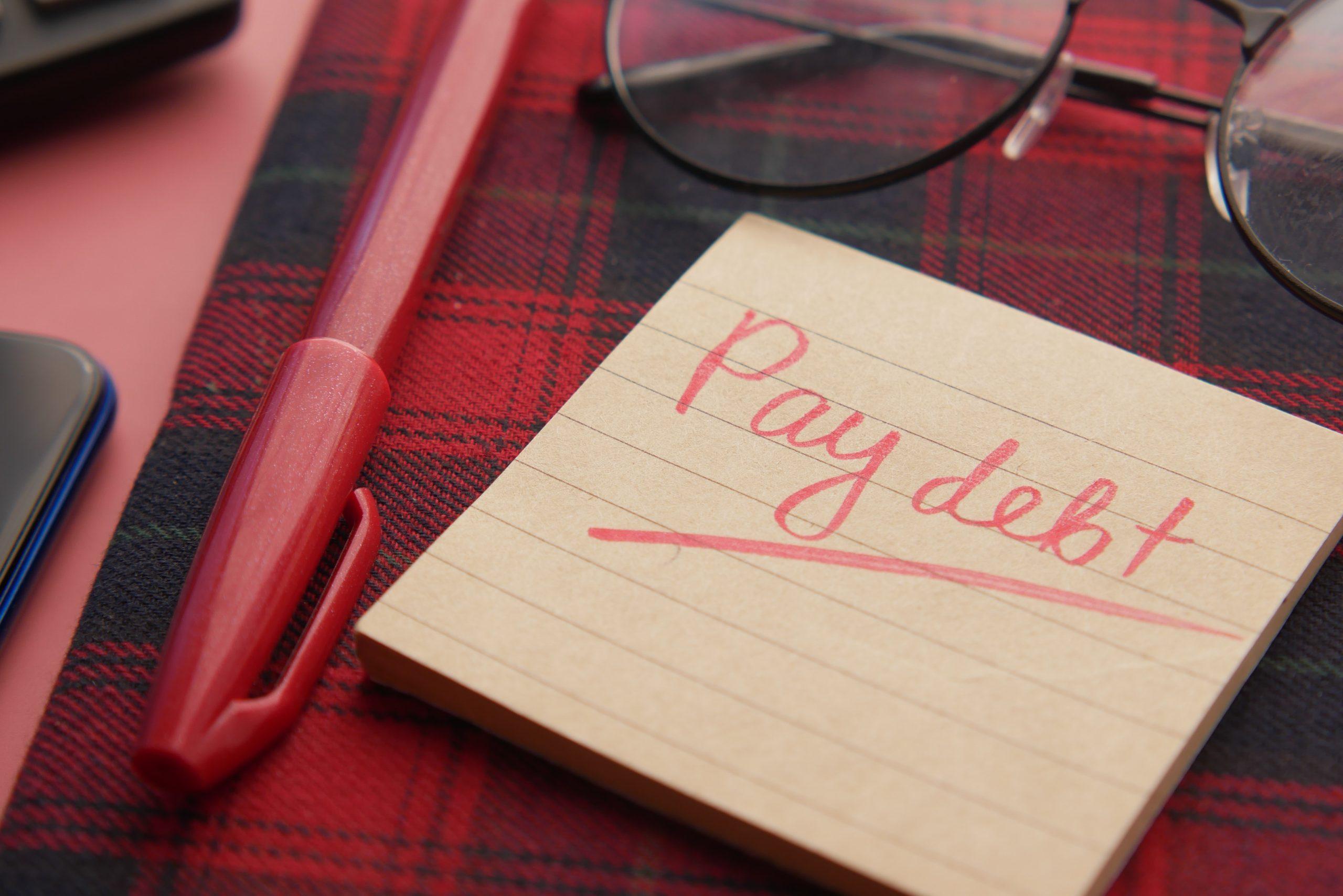How you use your credit is an essential part of your financial history. Without question, lenders and credit card issuers use your credit score to determine whether or not you qualify for a loan. On top of that, landlords can also use your credit report to see if you’ll be a good tenant. Some employers also use this number to determine if you are good at financial decisions.
That said, you should maintain a good credit score and at the very least avoid bad credit. To help you get started, here are five smart ways to manage your credit history.
1. Check your credit report regularly
If you want to avoid bad credit, the first step is to check your credit report for accuracy.
You can request a copy of your credit report from Credit Verify and TransUnion once a year. Remember to make your request for both offices, since they may hold different information.
Note that you can obtain your credit report for free on the Borrowell website.
Checking your credit report will help you track its progress and ensure that it is free of errors and inconsistencies.
If you find an error in your credit reports, dispute the error immediately.
2. Avoid making late payments
Making payments before the due date is one of the best ways to avoid bad credit.
There are numerous monitoring and reporting agencies that will alert the credit bureaus if you default on any payments, including your bills and debts.
Also, if you are late on your credit card or loan payment, your credit score can be greatly affected. So the more late payments you have, the lower your credit score will be.
In addition, failure to pay your debts and invoices on time makes a recovery difficult. With that in mind, it’s essential to be mindful of due dates and stay up to date on your payments.
3. Pay off your credit debts (or make payments greater than the minimum required)
A widely used advice by financial experts is to settle any credit debt as soon as possible. Either you pay it in full or create a plan that seeks to make payments greater than the requested minimums.
This will give you more security and control over your credit. It will also reduce the possibility of generating interest and surcharges.
4. Create a budget and stick to it
A budget is simply a plan for directing portions of your income to specific expenses. Budgets can be simple or detailed. Determine how much you can conveniently set aside for savings and how much you can reasonably afford to pay off your debts. Try to reduce your fixed expenses as much as possible so that you can invest more money to fix the credit.
5. Do not take your personal credit to the limit
While it may seem like a good idea to use your personal line of credit to the fullest for debt or emergencies, this is not advisable.
Remember that your credit range is only an estimate of how much capital your financial institution is willing to lend you. This does not in any way reflects the amount that you must owe.
As a precaution, some experts recommend not using more than 30 percent of your line of credit. (See also: 4 Essential Cautions You Need to Take Before Applying For a Personal Loan).
In conclusion
Good credit is one of the things you may not realize how important until you need it. With that said, right from the start, you should do something to keep your credit intact and keep your credit score as high as possible.
So, the ways mentioned above can help you get started and avoid bad credit.


